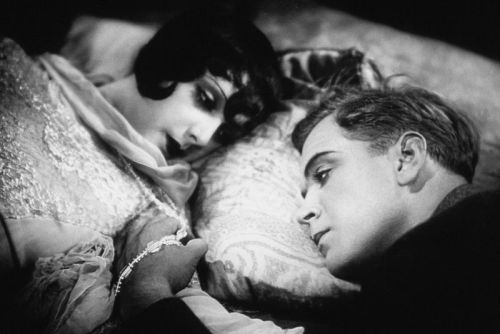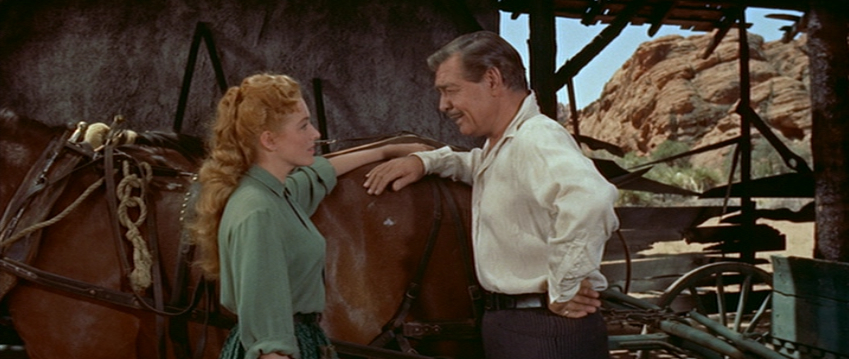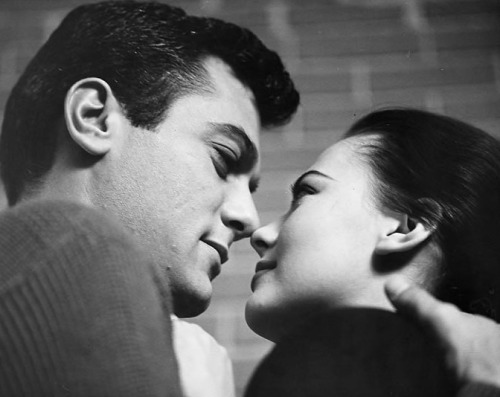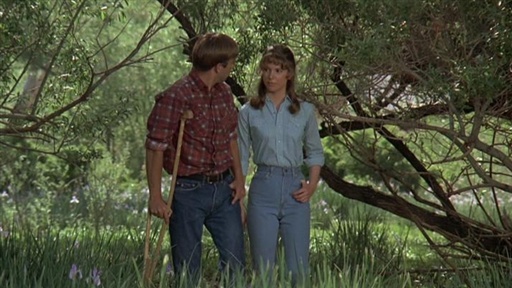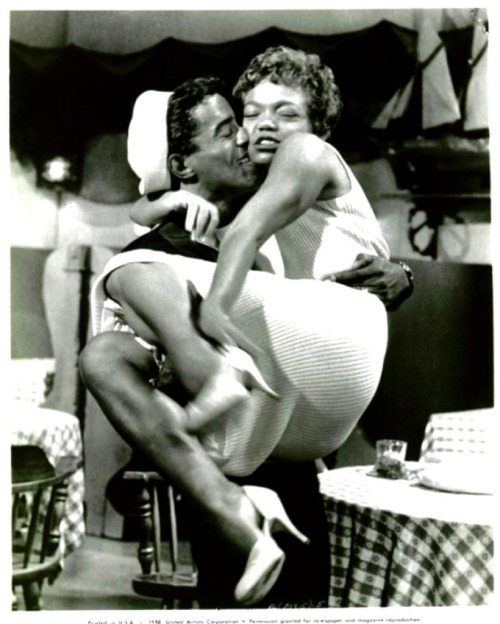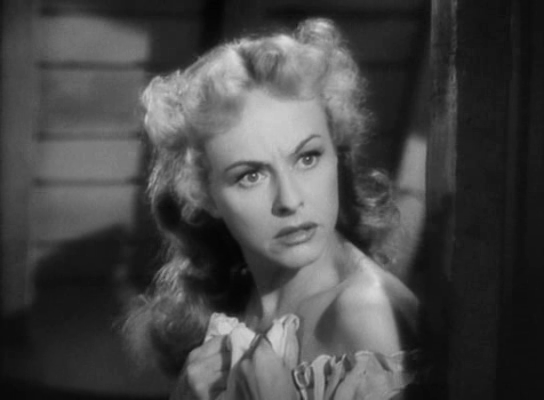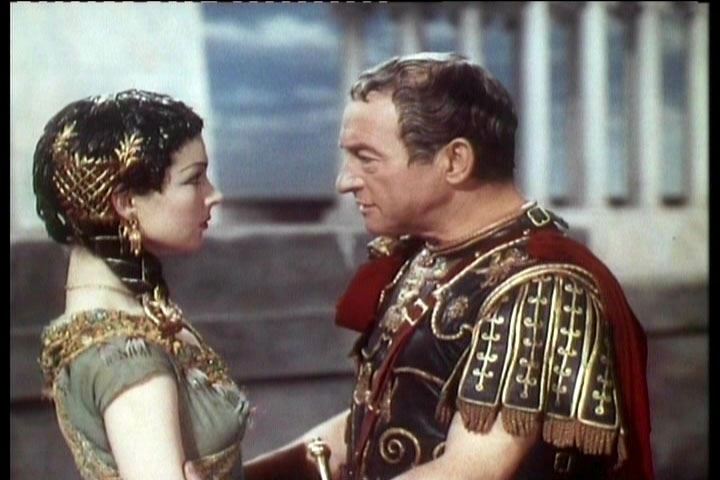Time for Romancefest again. This year I’m getting a late start. 28 movies in 28 days, but I’ve wasted the first 8 days of the year. I’m not making it easy on myself. Maybe I’ll fail. Or, as Judy Blume once wrote, then again, maybe I won’t. In any case, it's already Valentine's DAy and I couldn't let it go by without posting the movies I've watched so far.
This year I’ve decided to be lazy, like I was with Horrorfest, and make my list of 28 movies based on the top 28 highest-rated romantic movies available on Netflix Watch Instantly that I havent’ seen yet. After running a list, I decided to filter it to just the ones Netflix considers classics, because the list looked kind of dumb.
The problem with doing this every year is that after a hundred movies or so, you get to the point where you’ve seen all the movies on anyone’s “be
st of” list.
Anyway, this year, we start with:
CAESAR AND CLEOPATRA
Based on a play by George Bernard Shaw, this 1945 British flick features lavish production design and two interesting performances by the stars playing the title characters, Claude Rains and Vivien Leigh. These might not be the first actors who jump to mind when considering the images of the popular historical figures in question, but that’s what makes these performances so interesting.
I’ve always loved Claude Rains, ever since I used to watch THE ADVENTURES OF ROBIN HOOD as a kid. He’s also great in his Universal horror appearances, and in a deliciously under stated performance in LAWRENCE OF ARABIA. His Caesar is a pretty laid back dude. Even though he’s conquering faraway lands, in this case Egypt, and expanding his empire, he takes a hands off approach, figuring the less he gives his new subjects to complain about, the easier they will be to control. Rains is perfect for this more intellectual approach to the character, able to project intelligence where a lesser performance might project laziness.
I’ve read that Shaw thought the casting of Vivien Leigh is Cleopatra was all wrong. I can kind of see where he’s coming from, but I’m not sure I totally agree – the script calls for a transition from a young, childish Cleopatra to a more cunning and wise one, with her biggest fault being her short temper that generally falls back on violence as a solution. I think Leigh made a convincing transition, and also played her somewhat platonic crush on Caesar well, though perhaps someone with a more commanding presence could have made a more formidable lead. Leigh definitely has presence to spare, but it’s of the coy and sexy variety.
The story concerns Caesar’s siege of Cleopatra’s palace and his attempt to install her as Queen, as he favors her over her young brother, a child King who is controlled by his anti-Rome advisor (a simpering Francis L. Sullivan). During the siege, Caesar finds an ally in the dashing and heroic (Stewart Granger) and constantly has to talk his own trusted guard (Basil Sydney) out of violent solutions to the problems of occupation.
Perhaps the most intriguing supporting character is Cleopatra’s personal servant and guard, the exotic female warrior Ftatateeta (Flora Robson). She’s probably the most dominant presence in the film, and in another world less concerned with traditional beauty, she might have been able to pull of the role of Cleopatra. As it is, her character is pivotal to the story and probably the most memorable in the film.
There’s an attraction between Caesar and Cleopatra that is a little more complex than your average romantic epic because it isn’t romantic, strictly speaking. It’s more a respect for the way each other’s minds work. Cleopatra is eager to learn from a wise leader who has been so successful doing the exact opposite of she might have done in his place. Caesar is glad to be admired and happy to lead by example, but overall he is a realist, so you don’t see him romancing Cleopatra the way you might expect.
Despite the interesting performances and offbeat “love” story, the movie never quite takes off. There are some moments in the middle where things are looking up, and overall it ends at a much more satisfying place than it begins, but there’s just too much bloat. This is a big lavish, expensive production, and it shows in the marvelous sets, beautiful matte paintings, and big crowd scenes. Unfortunately, it also shows in the somewhat lifeless opening passages and gaps between moments of excitement.
 Well, looks like I'm not going to make it to 28 romantic movies in 28 days. There's a first time for everything, including a failed Romancefest. So, I'll just skip right to the top of the list with IT.
Well, looks like I'm not going to make it to 28 romantic movies in 28 days. There's a first time for everything, including a failed Romancefest. So, I'll just skip right to the top of the list with IT.
